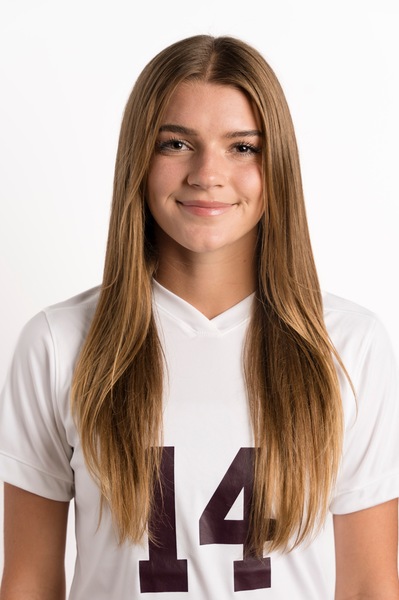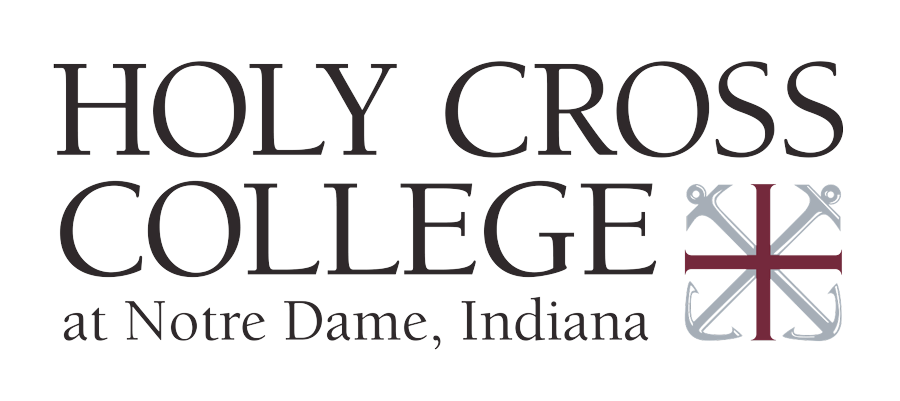Holy Cross College junior Abigail Fouts ’27 spent her summer interning at the Howard County Coroner’s Office — an experience that brought her closer to her career goals, challenged her professionalism, and gave the biology major a lasting sense of impact on the community.
It wasn’t the kind of placement you stumble upon in a job posting. Career Development Associate Director Wendy Chapman calls it immersing into “the nitty gritty” — a hands-on role that placed Fouts at the heart of forensic work.
Beyond administrative tasks and paperwork, Fouts explained. “I also had the opportunity to observe autopsies and active investigations, respond to scenes when calls came in, and help with duties related to the decedents as needed.”
Her summer role blended detailed office work with the intensity of field investigations — but getting there took determination. “I originally chose this internship because I wanted to gain exposure to a profession that I could see myself pursuing. After having no luck connecting directly with local pathologists, I looked for alternative ways to observe their work without being directly involved in their practice.”
Inside a Typical Day
Most mornings began at 8:30 a.m., with updates on any recent cases and plans for the day. “I would then check in with the coroner to see how I could help,” Fouts said. “Some days were quieter, where I focused on smaller tasks around the office, while on others I had the chance to observe autopsies and assist with photography during the examinations.”
Fouts accompanied the coroner or deputy coroner to the scenes of crimes, taking notes during conversations with detectives, officers, and sometimes the family or friends of the person who died.
Those daily responsibilities brought Fouts into situations that were as emotionally challenging as they were professionally rewarding.
Chapman marveled at Fouts’ courage as a young person in sensitive situations at a coroner’s office.
“In a million years, I would never do that myself,” Chapman admitted.
Fouts admitted that the “The hardest part” of the experience was “facing the constant presence of grief, being around loss, mourning families, and the reality of death. It was a major shift in professionalism as I had to stay composed and confident while offering support while doing my job efficiently.
Fouts observed autopsies that could be emotionally and mentally taxing.
“I reminded myself that we were helping provide answers to families and supporting the justice system,” Fouts said. “That sense of purpose helped me overcome the emotional challenges of the work.”
Making a Lasting Impact
The work tested her resilience, but it also gave her the opportunity to leave a mark. “The most rewarding part of my internship was knowing I made a lasting impact. I created two forms that improved the efficiency and workflow of the office for each decedent. I’m proud that my contributions will continue to help even after my internship ended.”
While her work streamlined processes for the office, the internship’s greatest impact was on Fouts herself.
“My time interning at the coroner’s office gave me a look into the forensic pathology profession,” she said. “It gave me a chance to see firsthand the challenges of the job and helped me decide if this was the right path before committing to further education.”
Fouts said the work was tied directly to her Holy Cross studies
“It also brought my studies to life by allowing me to observe the human body in detail, which deepened my understanding of how the body functions and what pathologists focus on during exams. Overall, this experience gave me a clearer sense of what to expect in my future career and strengthened my confidence in pursuing it.”
A Well-Rounded Return to Campus
Fouts didn’t have much downtime after the internship ended — she jumped straight into preseason training for the Holy Cross women’s soccer team. A standout defender, she started all 20 games in the 2024 season, scored four goals, and earned First Team All-Conference honors in the Chicagoland Collegiate Athletic Conference (CCAC).
Balancing the demands of athletics and academics has taught her to be disciplined, adaptable, and resilient — qualities that serve her on the field, in the classroom, and in professional environments. “Whether it’s in a game or in the coroner’s office, you have to think quickly, stay composed, and work as part of a team,” Fouts said.
Her guidance to other Holy Cross students is straightforward: “Pursue an internship related to your future career. I learned so much through my internship, which helped me clarify the path for my future studies and made the time I devoted truly worthwhile.”
Although Fouts secured the internship herself, she says Holy Cross still played a key role in her success. “Holy Cross made sure I focused on core competencies throughout the experience to ensure I was developing the skills I needed to grow into a strong future applicant.”


